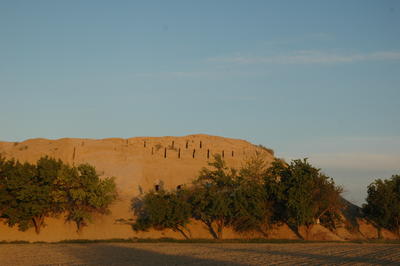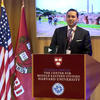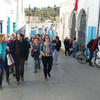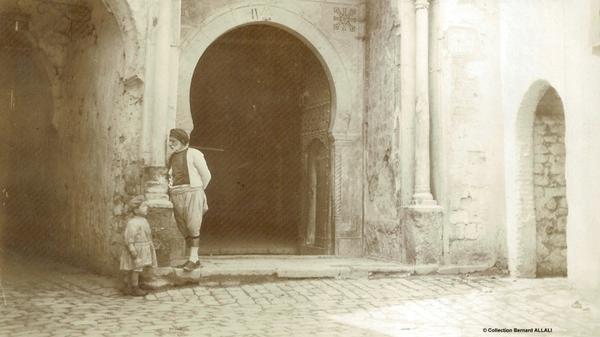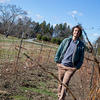History of Art & Architecture
2017
Apr
07
2017
Apr
04
Traveling beyond the Classroom: J-Term Excursion to Tunisia
Video: CMES Tunisia Office Inaugural Celebration
Harvard Opens New International Office in Tunisia
Center for Middle Eastern Studies Opens Field Office in Tunisia
2016
Nov
21
2016
Nov
04
2016
Nov
01
A Beautiful Mosque and the Dark Period of the Armenian Genocide
Defender of Urban Gardens
2016
Apr
13
2016
Mar
25

